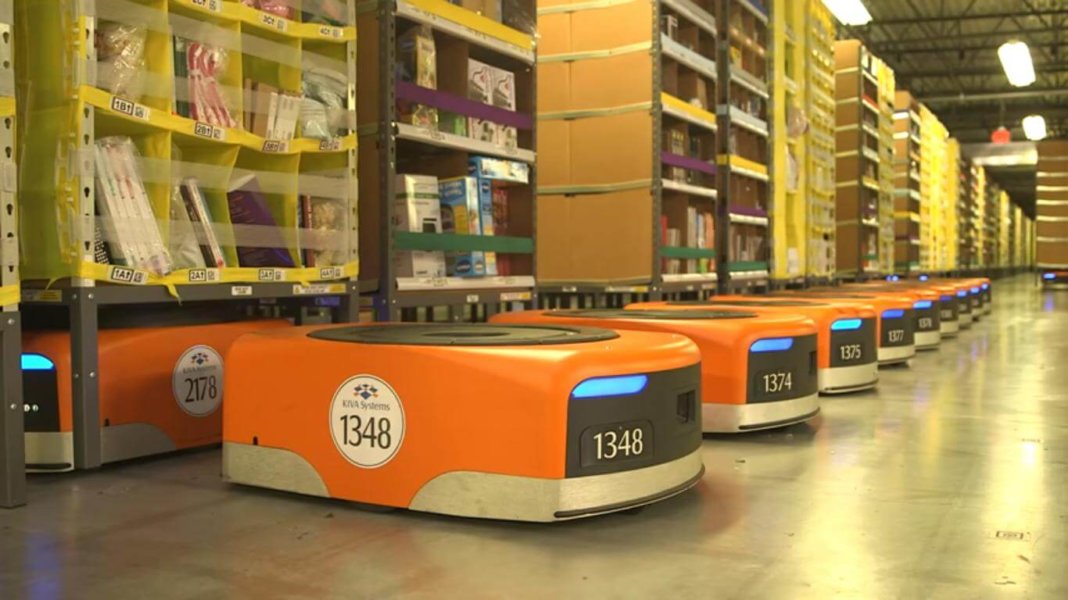Originally shared by Deborah Teramis Christian
This Pentagon training video was developed to briefly explore the challenges presented by megacities in the near future (~2030-ish). It presents a rather dystopian view of high-contrast differences: haves surrounded by have-nots, security threats, technology and poverty, alternate forms of governance, and the huge difficulties presented in terms of security. Their main point is that the military as presently constituted is incapable of effecting security in this kind of setting without significant alteration in force doctrines.
The Intercept article in which this is embedded calls this a hyperbolic vision of a distopian future, but speaking as a sociologist, futurist, and science fiction writer, I think the Intercept itself is hyperbolicly dismissive of a future that is not only highly likely, but already exists in many third-world regions. If anything, this short video understates the conditions and challenges that urban areas (and security forces) will face in about 20 years time; or certainly mid-century at latest, due (if for no other reason) to the massive changes that will happen in consequence of population displacement and economic impact from global warming (flooding of coastal areas, climate pattern changes, forced population migrations, gravitation to economic hubs that are megacities, etc etc).
At the very least, this is great grist for the mill for anyone thinking or writing about our near-future world. Personally I would skip reading the Intercept article first (with its critical, dismissive tone) and initially watch the video instead. Form first impressions from that, and then happy reading.
This video and related military publications have been picked up on by some dystopian analysts on the net, and there is more to be found on the web regarding this vid and the subject matter (although I think the buzz I’ve seen is jumping-to-extreme and cynical conclusions based on this minimal input. One example of this hair-on-fire commentary is here: http://rutherford.org/publications_resources/john_whiteheads_commentary/coming_soon_to_a_city_near_you_the_u.s._militarys_plan_to_take_over_am).
As If, Mike Reeves-McMillan
https://theintercept.com/2016/10/13/pentagon-video-warns-of-unavoidable-dystopian-future-for-worlds-biggest-cities/


